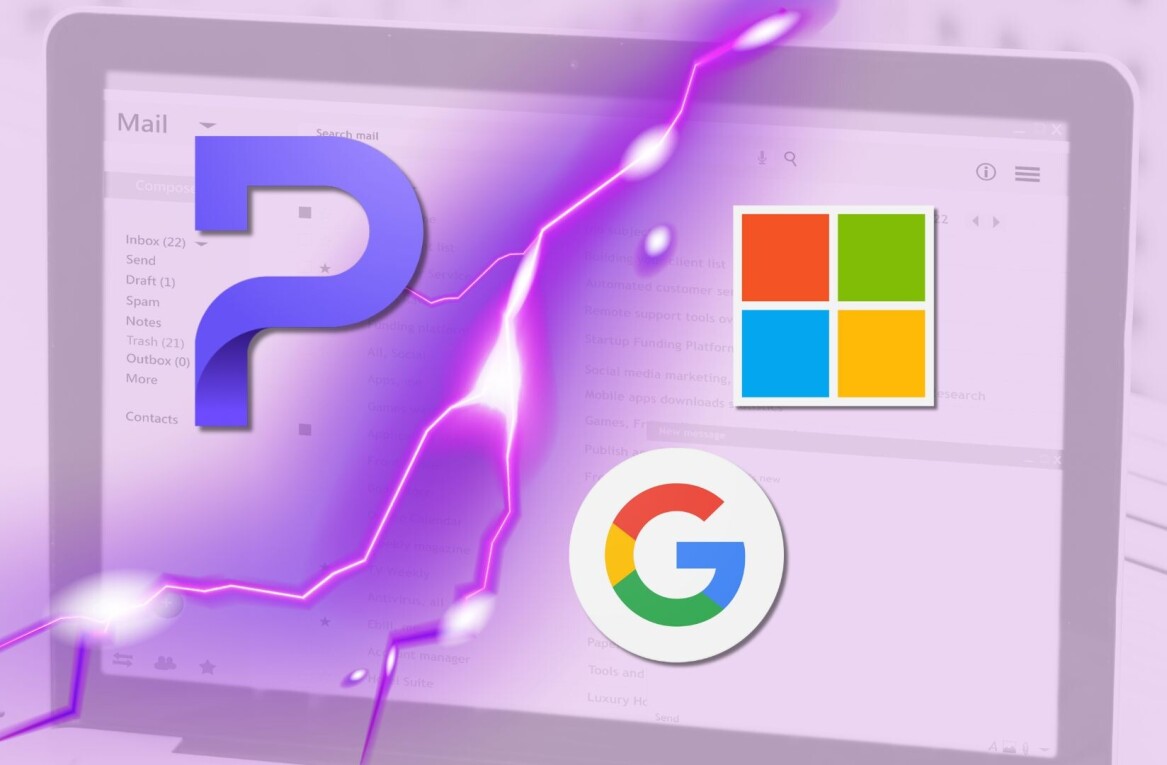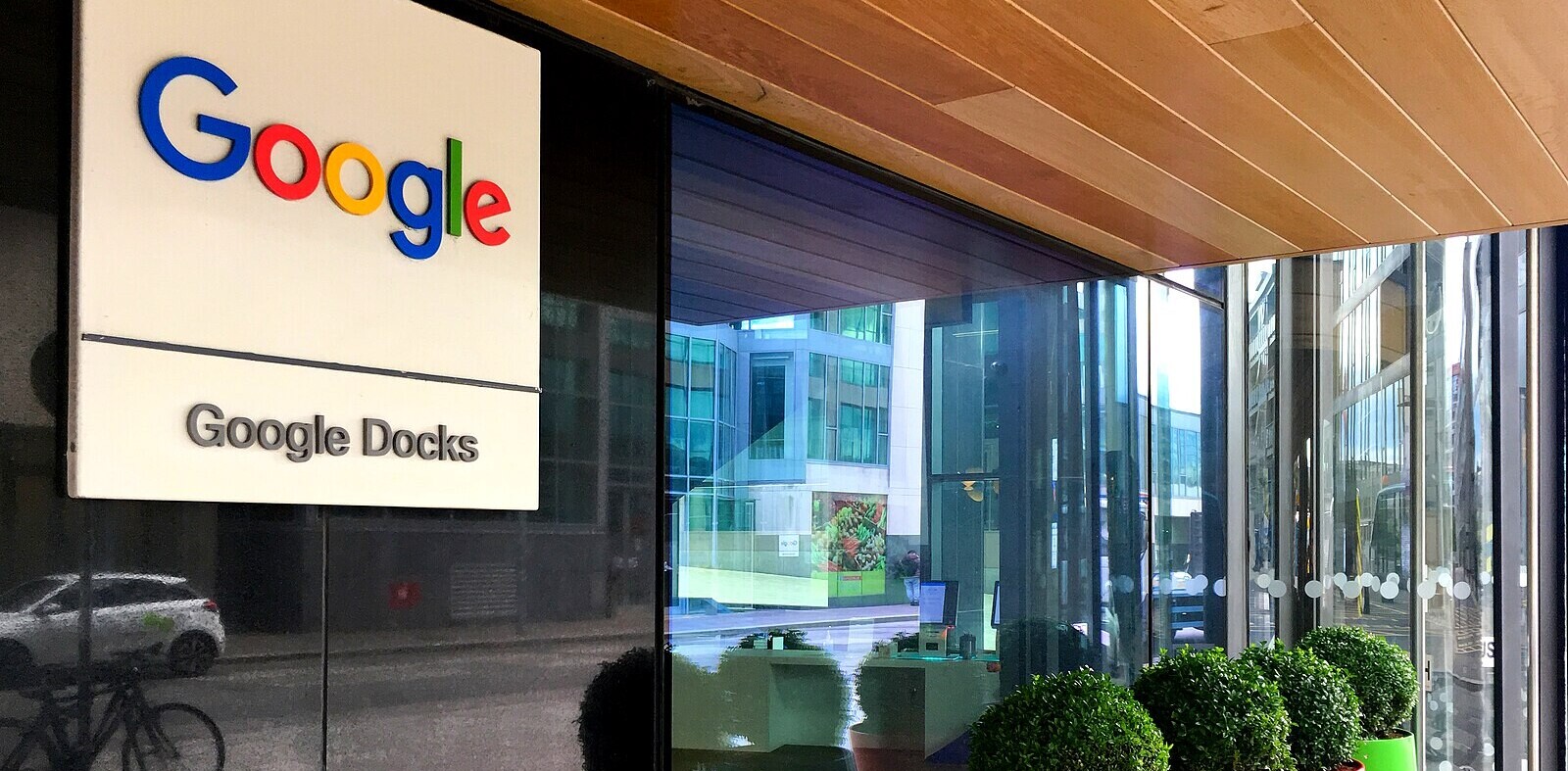
Africa’s taxi app wars hit a new level during September, with major players adding to their offerings in a bid to woo customers.
Kenyan mobile operator Safaricom launched Little Cabs earlier this year, looking to challenge Uber in the cab hailing space. Now, it has been able to reduce prices for users after partnering fuel firm KenolKobil to offer drivers discounts at the pump.
Not to be outdone, Uber launched its food delivery service UberEATS in Johannesburg, with further launches set for Cape Town and Pretoria imminently. Both Little Cabs and Uber will face increased competition in Kenya after the launch of Taxi Chap Chap, which comes complete with a points-based customer loyalty programme.
Major players stake their claims
Safaricom had best not become too distracted by its battle with Uber, however, as its own M-Pesa service is facing a fresh challenge.
It comes from Visa, which has launched its mobile payments solution mVisa in Kenya having rolled it out in India last year. The service allows users to receive and make payments via smartphones, using a merchant phone number or by scanning a QR code. Visa has partnered four local banks to get the service off the ground.

The collaboration – which will be initially active in Kenya – ensures easy connection of mobile wallet providers and water service providers to simplify access for the end consumer. Other global firms active in Africa include SAP, which has launched an innovation lab in Johannesburg to conduct IoT proof of concepts, and Microsoft, which is supporting entrepreneurs in Nigeria.
Local tech firms scaling up
More homegrown companies had positive months too. African e-commerce giant Jumia has launched Jumia Local, an online store dedicated to products made in Nigeria. The platform is the company’s way of supporting local entrepreneurs and brands that manufacture or assemble their products in Nigeria.
Another Nigerian company, payments startup Flutterwave has expanded to Kenya. The platform can now process cards denominated in Kenyan shillings and US dollars, with support for M-Pesa payments.

In other news, the founders of e-delivery startup Africa Courier Express (ACE) launched a fintech platform, while another deliveries startup – Metro Africa Express (MAX) – acquired Nigeria’s Foodappetite to launch its own food delivery platform. Online payments firm Interswitch was also on the acquisition trail, buying Value Added Network Solutions (VANSO), a company that provides security-focused financial technology to firms.
Startup central
Lots more news from Africa’s tech startup ecosystem, where the major news was that Kenyan innovation space iHub plans to relocate by the end of the year. The original Kenyan tech hub, launched in 2010, iHub has more than 16,000 members and has been in its current home since it was founded.
Plenty of funding news, as usual, with South African professional matchmaking app Kalido raising “significant” funding to launch and roll out globally. Nigerian real estate classifieds startup ToLet raised US$1.2 million, while there was also backing for Kenya’s Flare, an “Uber for ambulances” service.
Elsewhere, Barclays invested in South African firm WizzPass, which simplifies access into parking lots, with another South African company, bitcoin crowdfunding platform The Sun Exchange, also raising funds.
Get the TNW newsletter
Get the most important tech news in your inbox each week.





